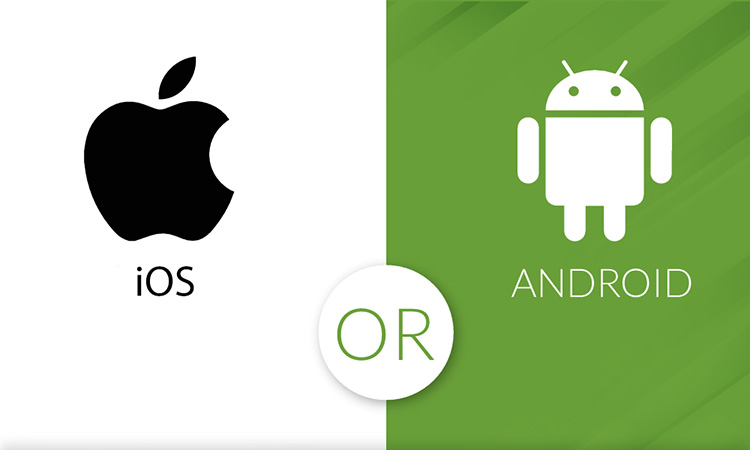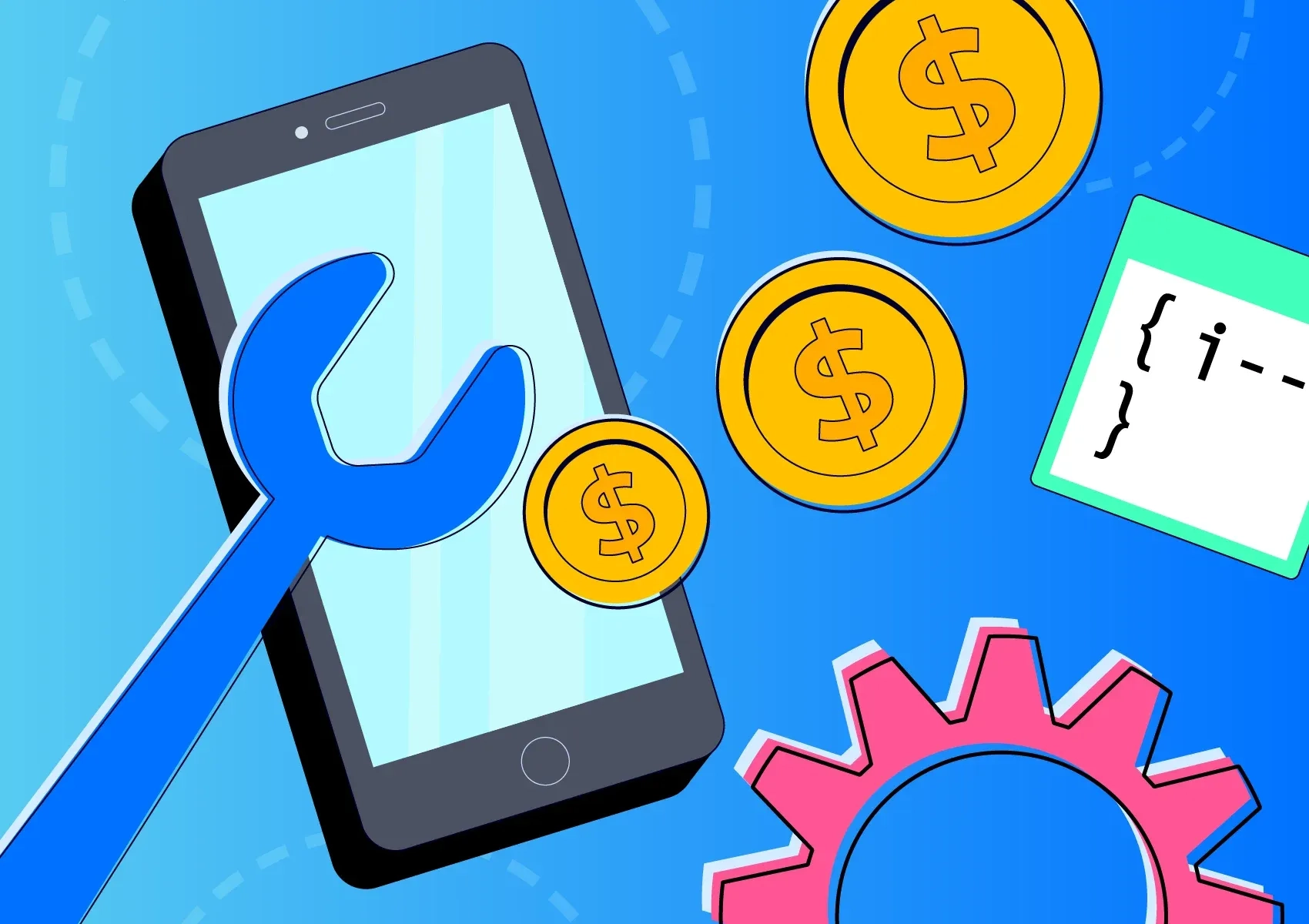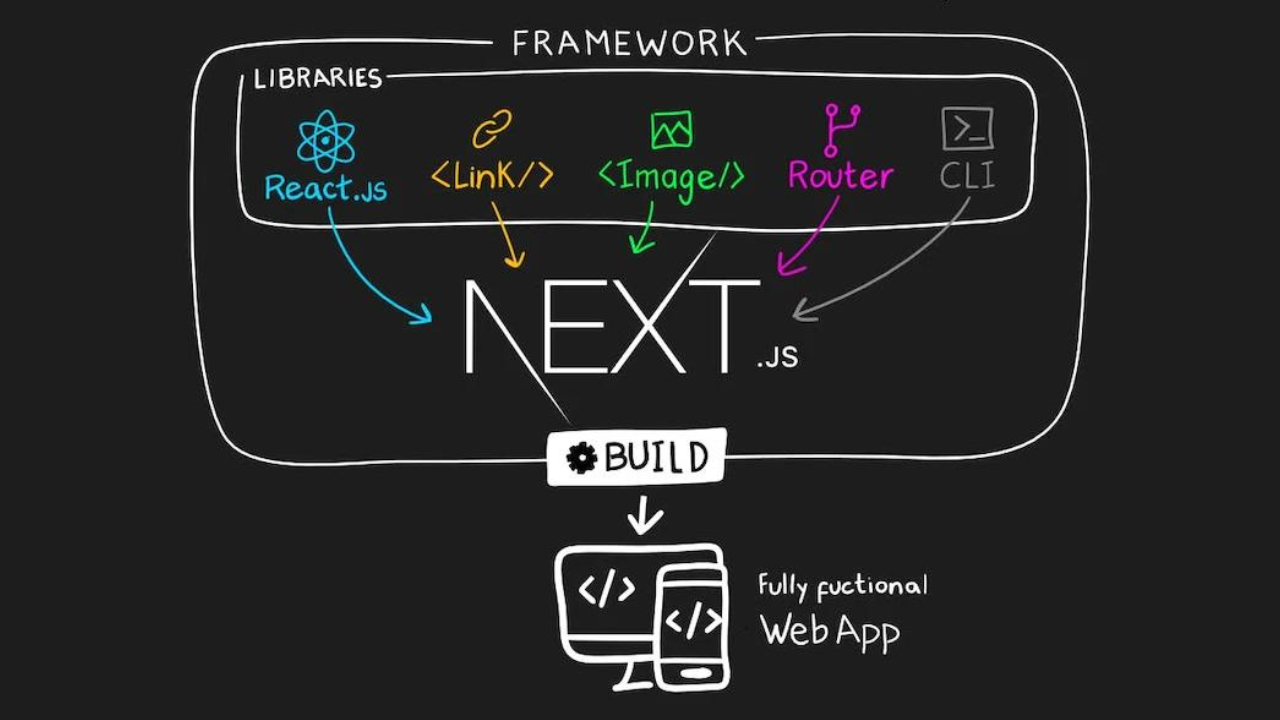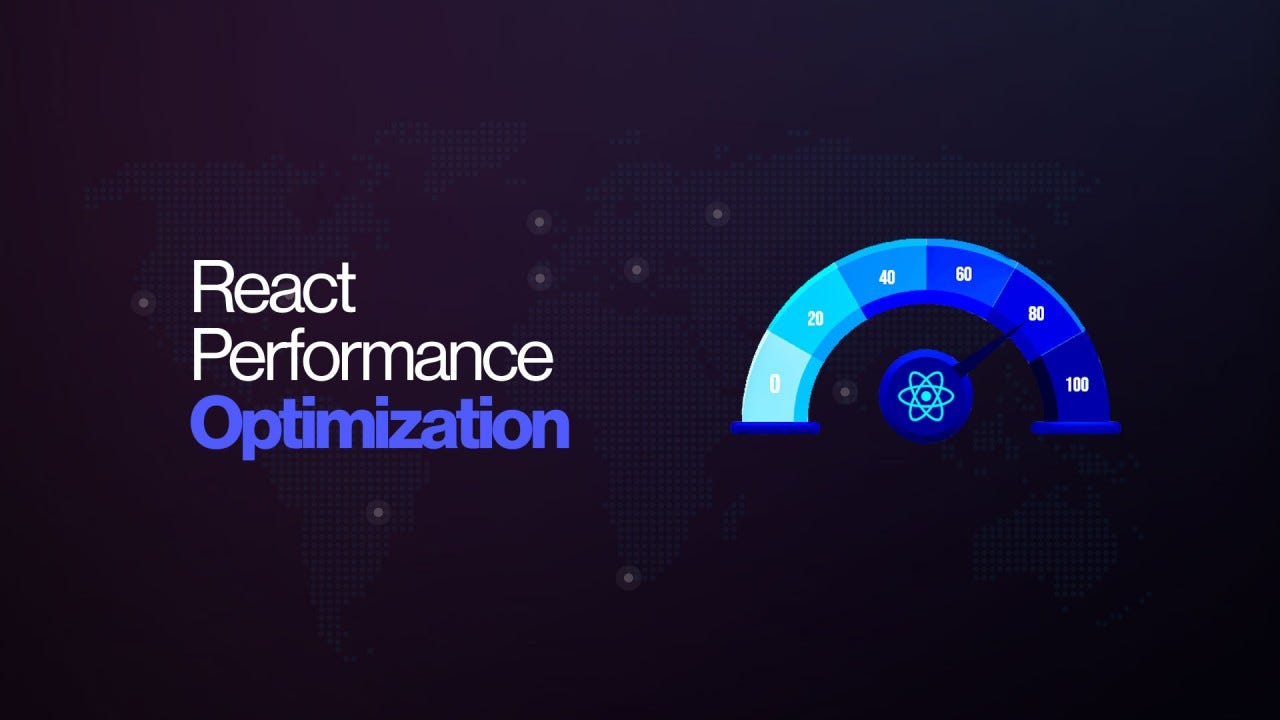Why Platform Choice Matters
Doesn't it feel like a leap of faith to launch a mobile app for your company? I recall the late nights spent debating between iOS and Android. It is a large one. Your expenses, audience reach, and potential revenue are all impacted by the platform you select. If you do it incorrectly, you will be wasting money with little return. This decision could make or break your business in 2025, when mobile apps account for over 80% of online engagement. I know what it's like to feel overwhelmed and confused. Let's compare iOS and Android so you can choose wisely with Fykel's reasonably priced app development.
Why is it so important? User experience, development time, and profit margins are all impacted by your platform. We'll work this out together, so stay with me.
iOS: Pros and Cons
Pros of iOS App Development
For some companies, the Apple ecosystem is a treasure trove. According to studies, iOS users are 20–30% more likely to make in-app purchases, which means they tend to spend more. That represents actual revenue potential.
Because of the App Store's expedited procedure, approvals happen more quickly—often in a matter of days. I was thrilled with how my first iOS app launched swiftly and generated leads sooner. Fykel's proficiency with iOS guarantees a well-designed, intuitive app that increases sales.
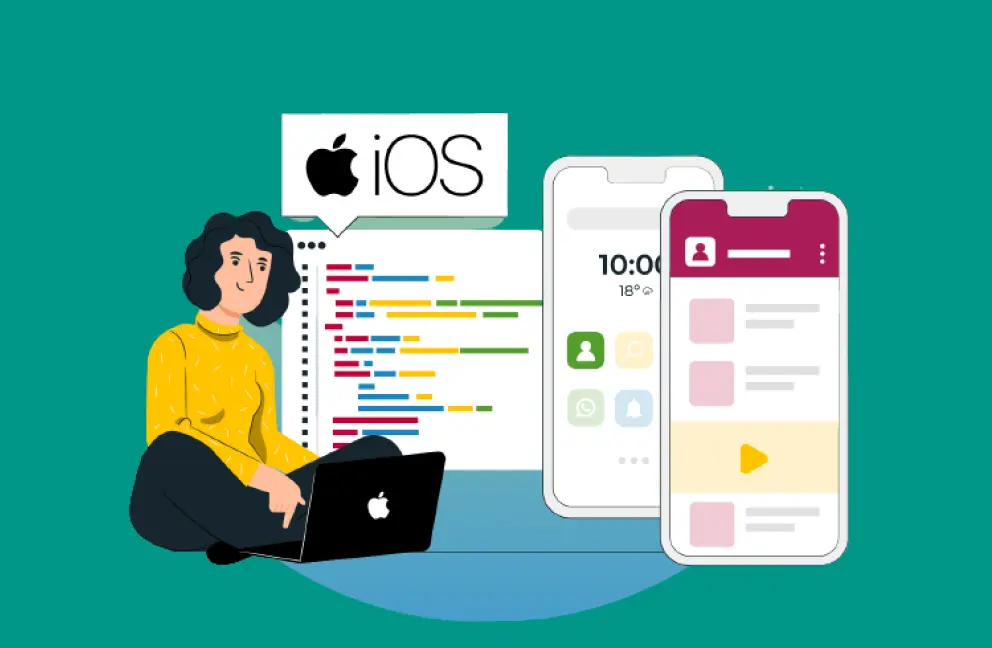
Cons of iOS App Development
However, things are not always easy. If you're not ready, Apple's stringent guidelines—think design rules and functionality checks—can cause delays. Once, while modifying my app to fit their requirements, I ran into trouble.
Additionally, development costs are higher due to the cost of specialized tools and Mac hardware. Additionally, iOS accounts for around 30% of the U.S. market, so you're reaching a smaller audience. It's important to carefully consider the trade-off.
Android: Pros and Cons
Pros of Android App Development
For reach, Android is a beast. It's your pass to a huge audience, particularly in diverse regions, with over 70% of the global market in 2025. My Android app reached markets I had never been able to reach, and I witnessed this firsthand.
More flexibility and quicker launches are the results of Google Play's more relaxed rules. Additionally, open-source tools can make development less expensive. Fykel uses React Native to create apps at a low cost, focusing on Android users to increase visibility and income.
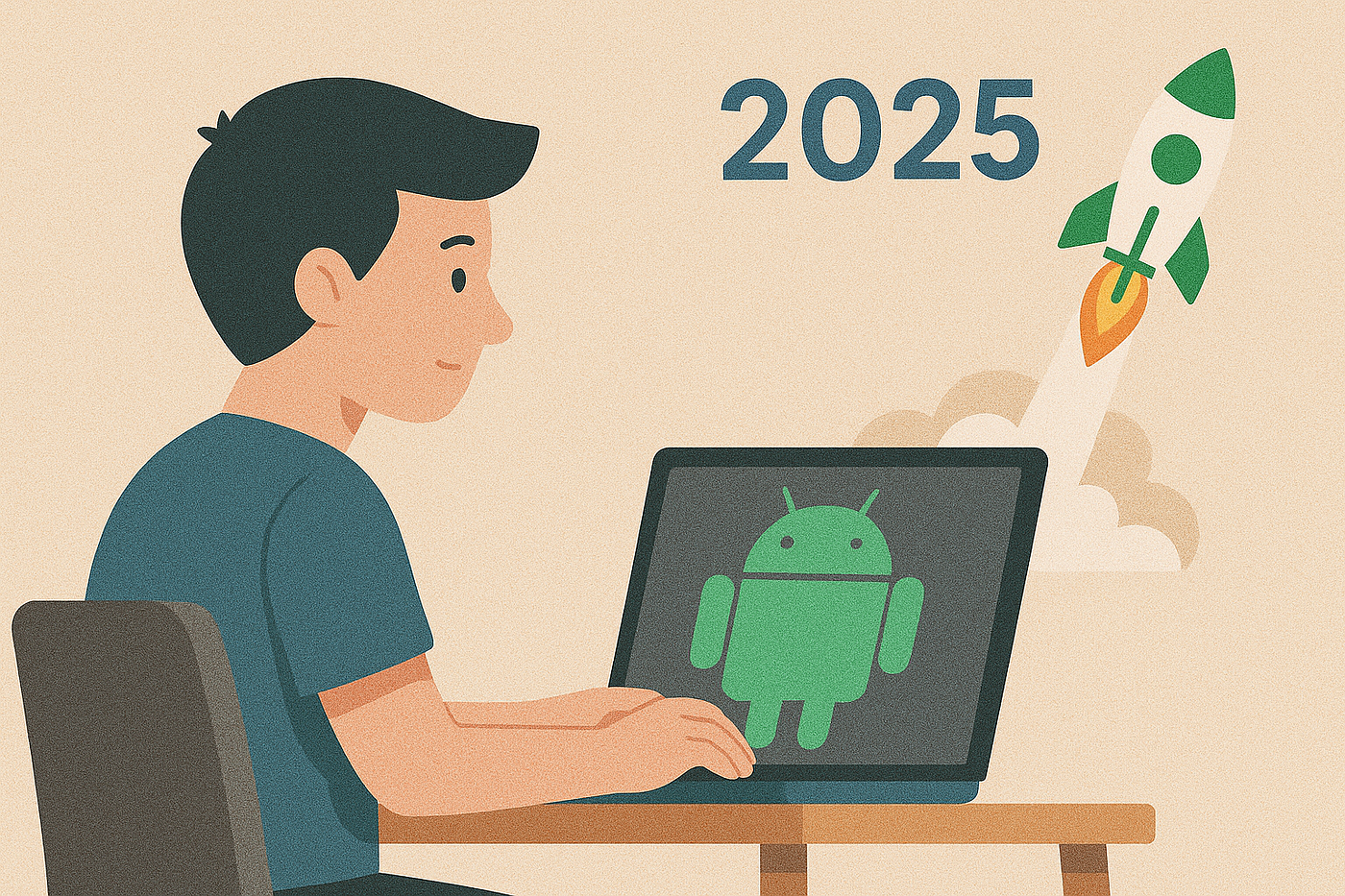
Cons of Android App Development
The catch is fragmentation. Android is compatible with a wide range of devices, including those with various OS versions and screens. Early on, testing across them made me furious.
Additionally, users spend less than iOS users, and some users may be alarmed by security concerns. It requires strategy, but it's not impossible. Fykel addresses fragmentation to reduce expenses and hassles.
Decision Factors for Businesses
1. Your Target Audience
Who are your clients? Premium experiences are preferred by iOS users, who are frequently wealthy and based in the United States. Android's global, diverse base caters to a wider range of markets. Sales suffered when I made the mistake of focusing on iOS when my audience was primarily Android.
Create a demographic map that includes your age, location, and spending patterns. To match your app with the appropriate platform, the Fykel team examines this.
2. Budget and Development Costs
Let's discuss money. Because of the tools and testing, iOS development frequently costs 10–20% more. Android may be less expensive, but fragmentation takes longer. To be honest, most people don't consider long-term expenses like updates.
Fykel's cost-effective app development saves you money by using React Native to build for both. Wondering? For options, see our pricing page.
3. Market Reach and Growth Goals
Desire a worldwide scale? Android is your best option. Targeting premium or U.S. users? iOS excels. Android won for me because I wanted to lead in emerging markets.
Consider the long term: where have you grown? Regardless of the platform, Fykel develops a business app strategy to optimize reach and revenue.
4. Development Time and Complexity
Money is time. iOS apps are subject to stringent regulations but launch more quickly. Although testing takes longer, Android's flexibility speeds things up. I missed a crucial sales season because I underestimated this.
Fykel balances speed and quality by streamlining both with tools like React Native. The goal is to reach the market without compromising functionality.
5. Monetization and Revenue Potential
How is your app going to generate revenue? For in-app purchases and subscriptions, iOS shines—imagine 20–30% more money made per user. Android's volume works well for freemium or advertising models.
This also didn't make sense to me at first; Android's reach paid off, but iOS felt safer. Fykel customizes your app to maximize return on investment.

6. Future Trends and Scalability
Apps in 2025 will be shaped by trends like AI, 5G, and AR. Android's open nature allows it to catch up with iOS, which frequently adopts new technology more quickly. Which one best suits your vision?
Scalability is also important; can your app expand? Fykel keeps you competitive by future-proofing apps for both platforms.
Conclusion: Aligning with Your Goals
It's difficult to decide between iOS and Android; I've experienced the anxiety, questioning every move. However, it's more important to align with your objectives than to choose a "winner." Do you want more money and premium users? You might be a good fit for iOS. Need flexibility and a wide reach? Android is calling. Or perhaps both, using React Native and similar tools.
An app that generates leads, sales, and expansion is something your company deserves. My bottom line has been transformed by a well-chosen platform. Fykel's mobile solutions offer customized, reasonably priced development. Are you prepared to make a choice? Let's make 2025 your year.
